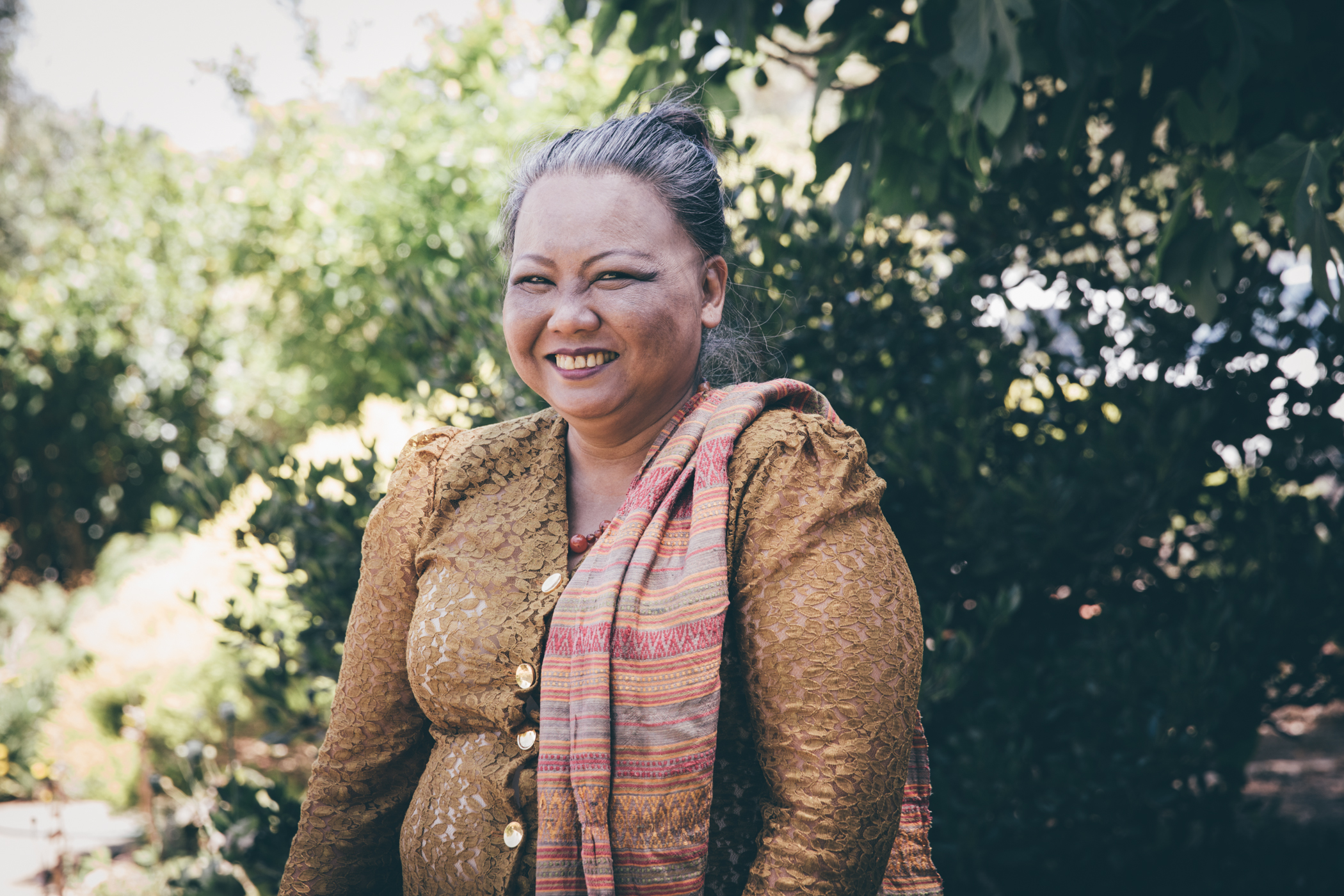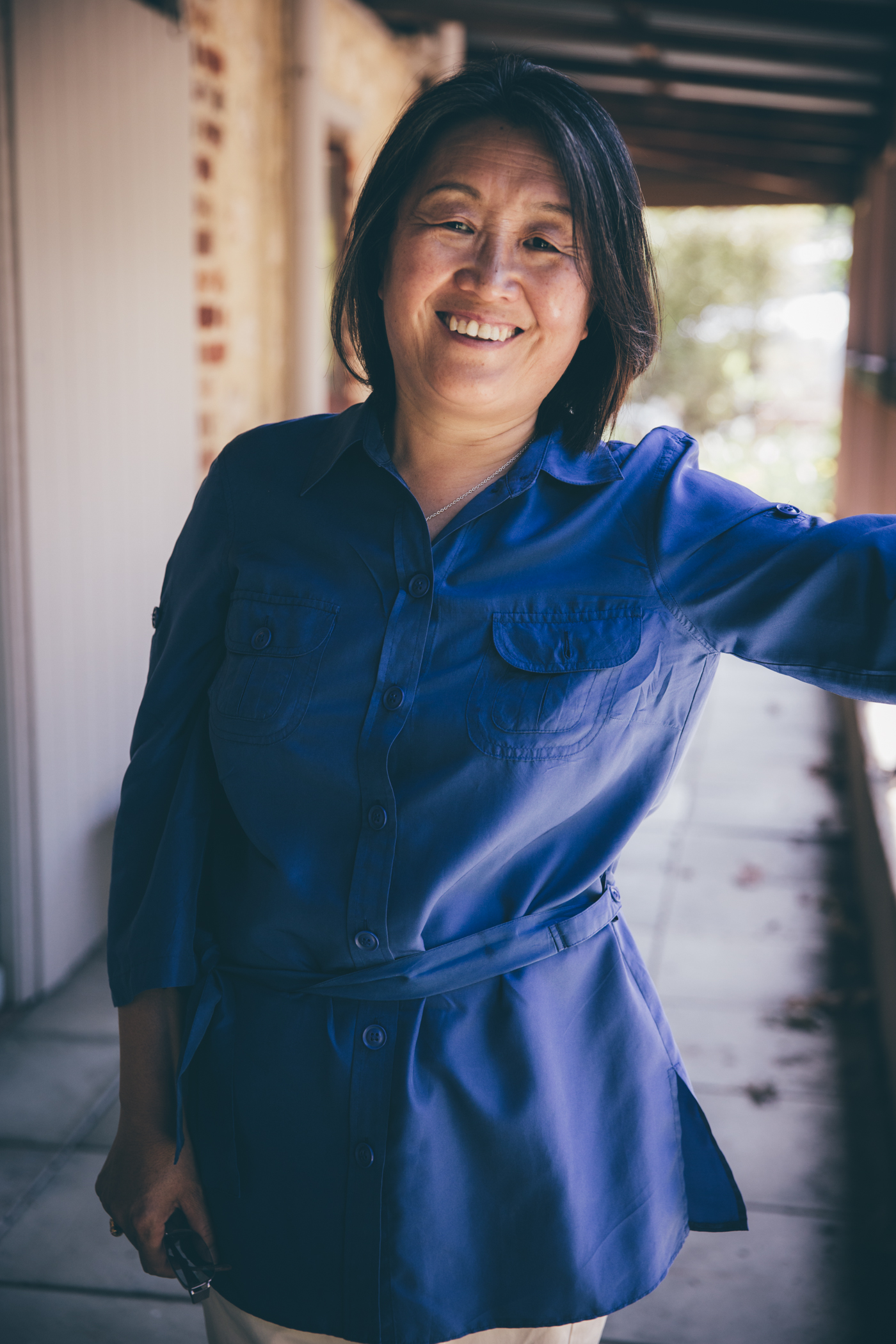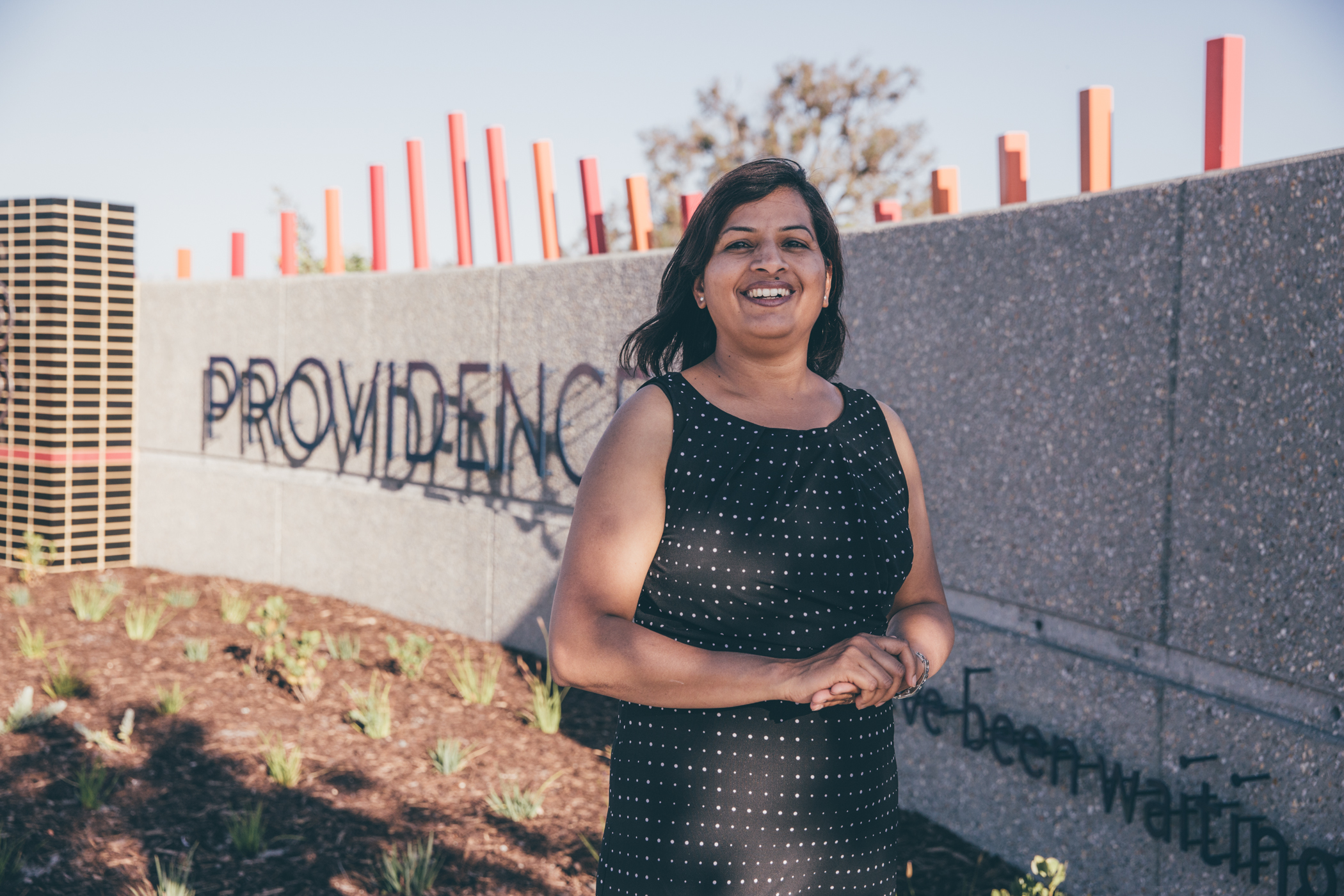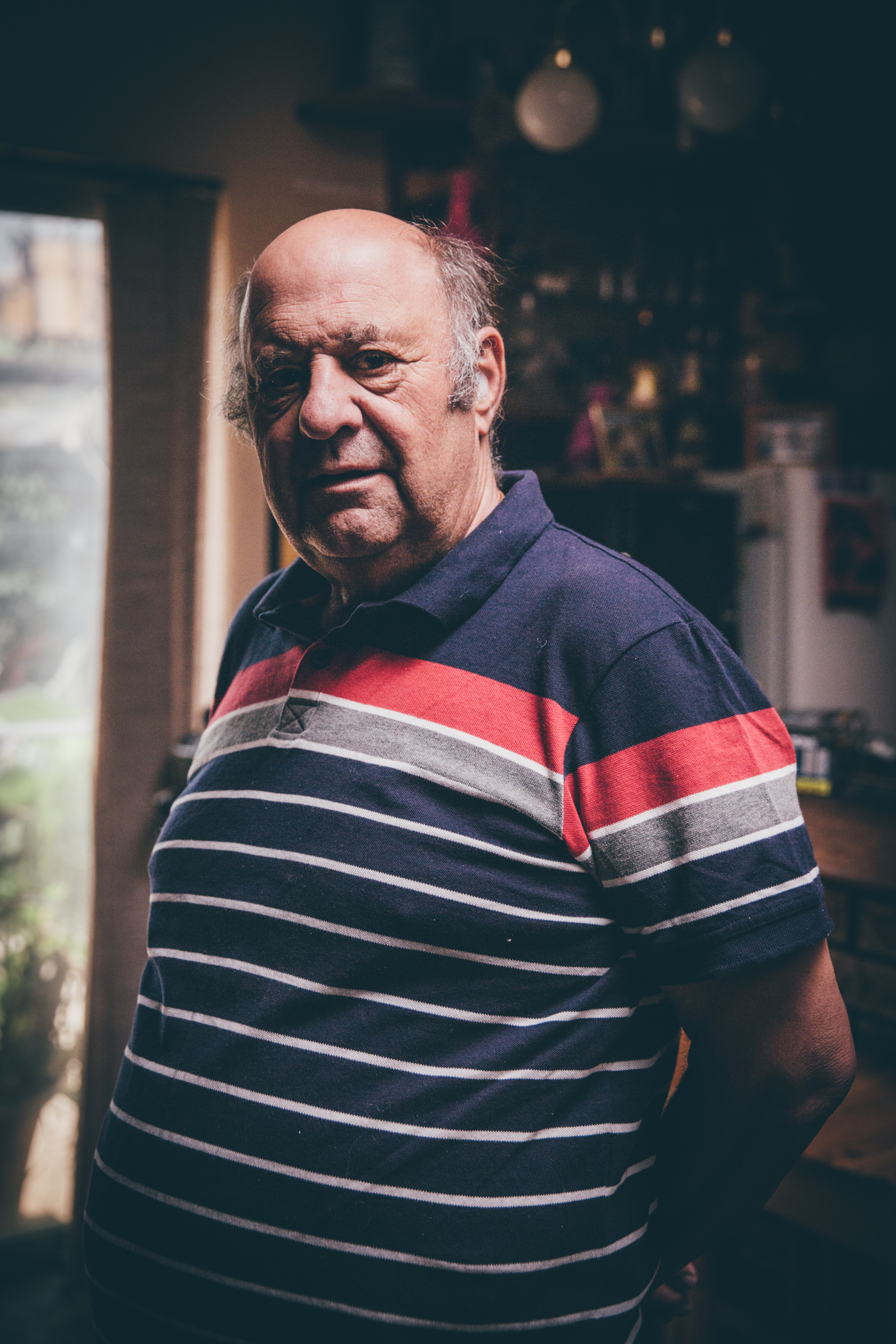When we moved to Australia I ensured I gave as much money as I could to my sisters to try and repay them for everything they did for me when we were younger, although in my opinion there will never be enough money to repay them for everything that they went through.
**
I was born in 1952 in China in Hokkien province. When I was five years old my parents brought me to Malaysia. I know that the house I was born in was very, very small as I have visited my home town as an adult.
When I was 12 my parents told me about my family’s past. My father is from a very, very rich family, and he inherited quite a bit of land. In the early days of communist rule he was classified as a ‘medium – rich landlord’, so all of his wealth and property was taken from him and redistributed to the poor, leaving him very poor. It’s amazing to think of the hardship that he would have gone through. One day he happened to be near a mountain and he found my mother there under a tree, cutting wood to burn for a fire. At that time my mother was 12 or 13 years old. My mother was born in the year of the tiger. In ancient China, if a family had a daughter in the year of the tiger it was thought to bring bad fortune to the family. When my father asked ‘where are you from’ my mother therefore replied that her family had discarded her in the far away countryside and some bandits had found her and taken her to the mountain and made her work for them as a servant child. My father took her back to the city with him, where they lived together. His wife had passed away while pregnant. When my mother was 15 or 16 they got married and stayed together.
My mother got pregnant many times and had many children, 12 in total. She didn’t know how to control her family’s size. Because my father was from a rich family that had become poor, he didn’t know how to find a job to help the family to survive. So my mother found some jobs; on summer days she’d sell watermelon for a little bit of profit, but not enough. In order for the family to survive, my mother threw away a lot of her children.
When she had me she was already 36 years old, and when she was 38, another sister. The two of us were numbers 11 and 12 of the children. In fact, I understand that my mother had tried to abort me using a stupid, crook method but I survived.
When my oldest brother was nine, there was British colonial rule over Malaysia. The British were encouraging migration of many races to Malaysia (known then as British Borneo). Because we were so poor, he was encouraged to run away to Malaysia where he might seek his fortune. My parents then didn’t know how to contact him. They first heard from him when he was 16, when they received a letter saying that somebody had found him. He had been living with a family (that had more or less adopted him) in a small town in the countryside and had been asked to marry the daughter of the family. To earn money he had been powering a speed boat across a river as a transport service. He sent some money in the letter and asked my parents to bring me and my siblings to Malaysia for a better life.
Before we left we had a family photo. Because my sister and I were so young, we were carried by our parents in the photo and my brothers stood back. On the day we left, those in charge of the boat (who I assume were people smugglers) refused to allow my brothers onto the boat. I think this was either because they did not believe that my brothers were part of the family (as they were not in the family photo taken prior to departure) or because at that time girls were considered to be of no use in China, but boys were very useful. My parents cried but there was nothing that they could do, the boat was leaving. So my brothers stayed in China and my parents, sisters and I left.
We travelled for one month from China to Singapore, which was half way. When we got there we received a message that the father of the family that had taken in my brother would kill us if we actually arrived in Malaysia. As I understand it, the concern was that the Malaysian family would need to provide for my family if we arrived, when they only lived modestly themselves. Everyone had hardship. It’s all really cruel.
When we arrived in Malaysia somebody my father knew helped to get us to the countryside to hide. We stayed in a little wooden hut with no roof, amongst coconut trees. We stayed there until I went to secondary school. As a child I was petrified of heavy rain because we had no protection from it.
Because we had no money my parents had to work hard. They were cement washers and the work ruined their hands. My mother got additional work with the local pastor but unfortunately he was inhumane and my mother was maltreated.
When my older sister was 15 my mother made her leave school and get work because the family couldn’t afford her anymore. So my sister was sent to the town by herself. My younger sister is two years younger than me but didn’t know how to study so my sister in law forced her to work when she was only 12. She was a maid for a rich family, but the family was very mean to her and used to smack and bully her.
I passed the exams that allowed me into high school, so my younger sister’s wage paid my school fees. My mother’s job with the pastor also helped to pay the fees. I tried to tell my mother to stop working for the pastor, since she was badly treated, but I was told that if I wanted to continue my study she had no choice. I kept asking myself why I should bother studying when my family had to work so hard in order to allow me to.
I studied hard and was very good at mathematics but I couldn’t afford to buy any of the books or stationary that were needed so I quit in year 11.
Eventually I got married and worked as a kindergarten teacher. One day, when I was about 30 years old, a friend offered to train me as a life insurance seller. I trained with seven men, each with university education. The men laughed at me whenever I asked a question. But, I was very good at my job, even though at that time purchasing life insurance was a bit taboo as it related to money for people’s death. The company sent me to Taiwan for training and eventually I moved into overwriting. I became the district manager, with 86 staff reporting to me.
















